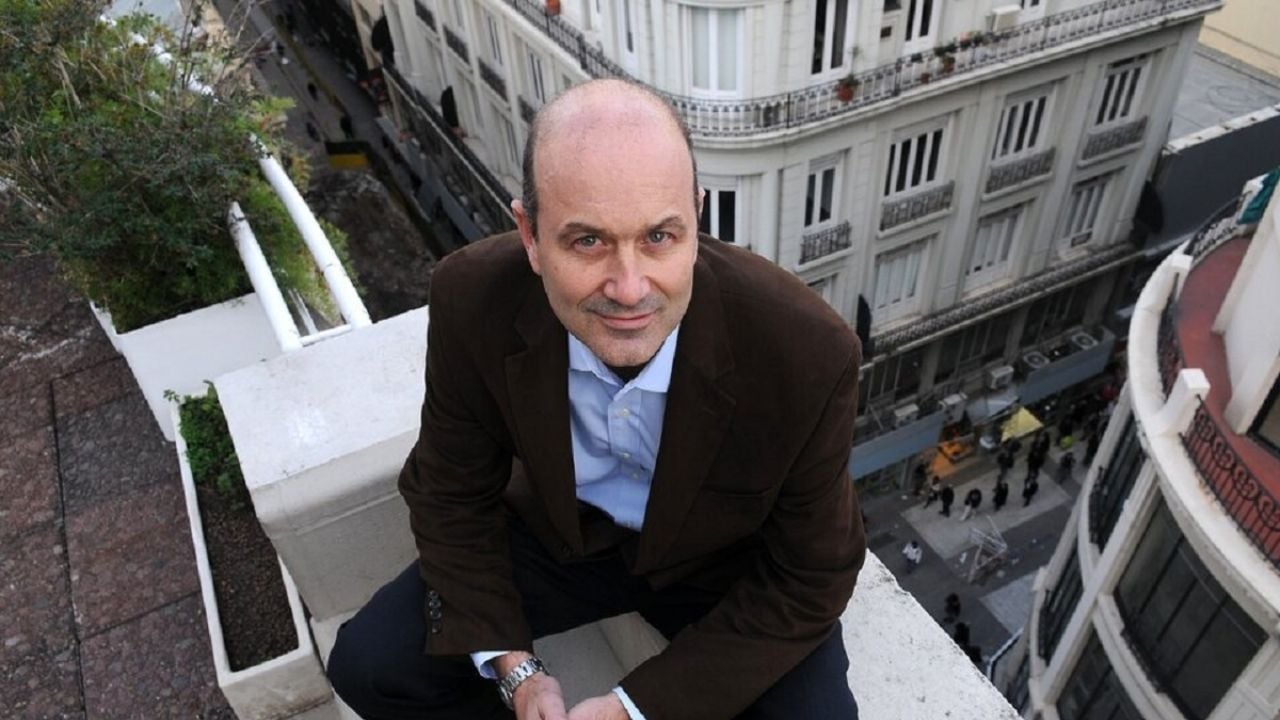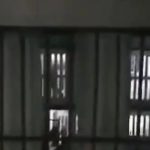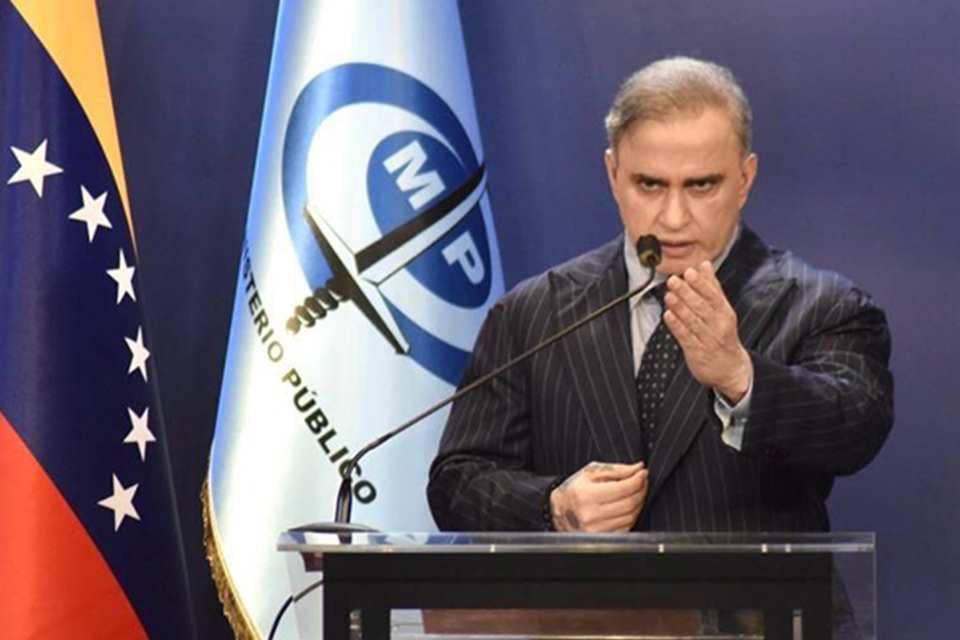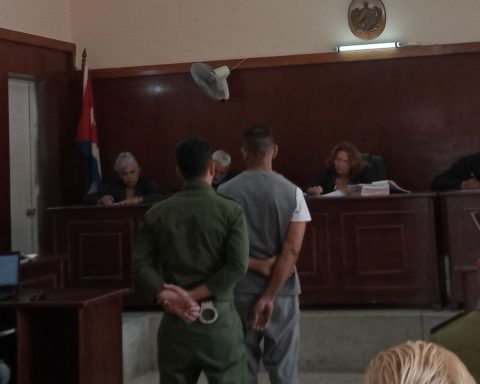Federico Sturzenegger is an Argentine economist and academic who has played a variety of roles in the country’s politics and economy. Born on February 11, 1966 in Rufino, Santa Fe, Sturzenegger has had a distinguished career both in academia and in the public sector.
Recently, Federico Sturzenegger has been appointed Minister of Deregulation and State Transformation under the presidency of Javier Milei, a position created specifically to carry out significant structural reforms in the Argentine State.
Sturzenegger assumed the position of Minister of Deregulation and State Transformation, a position created by President Javier Milei to carry out a series of structural reforms in the Argentine State.
In his inaugural address, Sturzenegger highlighted the generosity of Congress in granting broad powers to carry out these reforms: “Congress was extremely generous in the powers it gave us to reform the structure of the State.”

The reforms promoted by Sturzenegger They focus on deregulation and the transformation of the state apparatus. The most notable measures include the simplification of bureaucratic procedures, the reduction of public spending and the opening of the economy to international competition.
Sturzenegger argues that these reforms are essential to improve state efficiency and foster economic growth. One of the most ambitious initiatives is the Law of Bases and Starting Points for the Freedom of Argentines, which seeks to establish a legal framework for the deregulation and liberalization of the economy.

Law
This law includes measures to reduce state intervention in the economy, promote private investment and guarantee macroeconomic stability. Federico Sturzenegger He is known for his strong views on economics and politics. He has been an advocate of economic openness and fiscal deficit reduction.
However, his policies have also generated controversy. During his tenure at the BCRA, he faced criticism for high inflation and exchange rate volatility. Despite the criticism, Sturzenegger has maintained his stance in favor of structural reforms. He argues that measures of deregulation and transformation of the State are necessary to overcome the chronic problems of the Argentine economy, such as inflation and low growth.


















